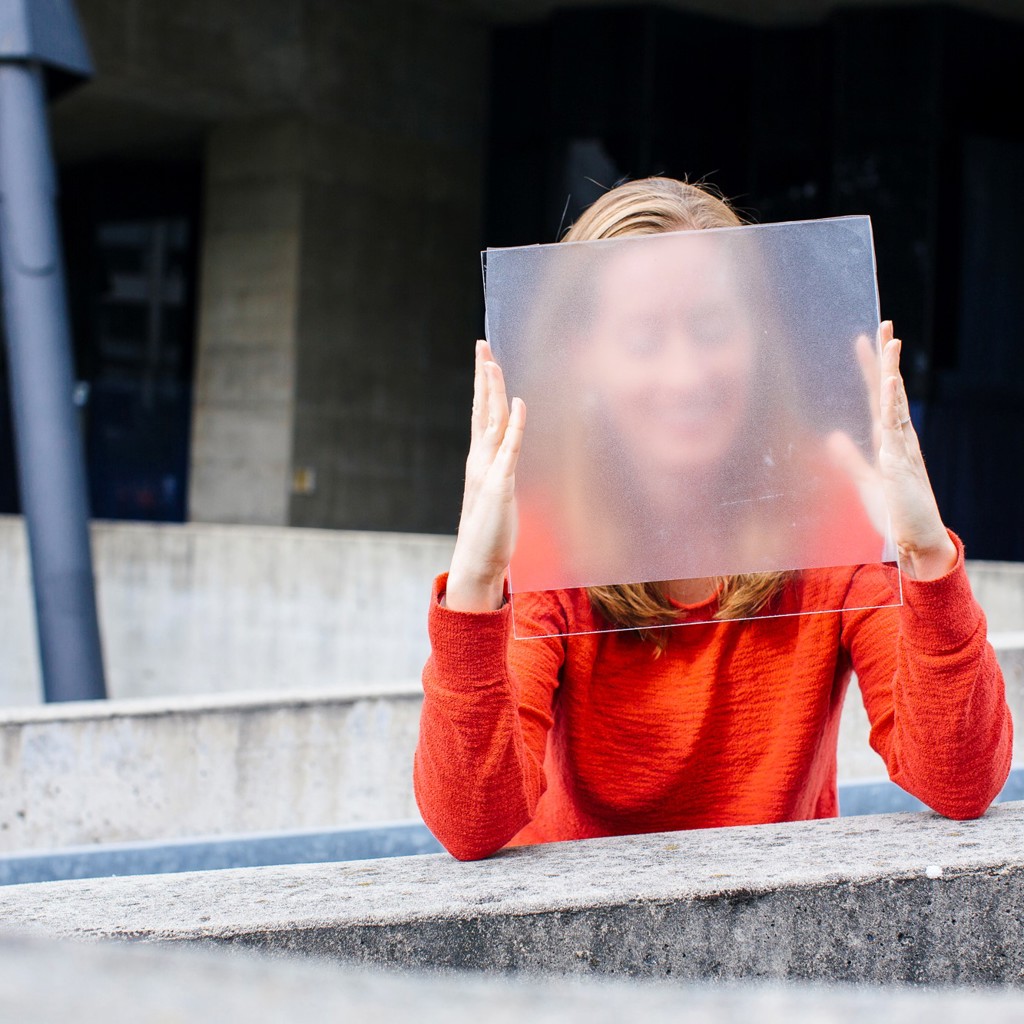Laura Waller
University of California, Berkeley, United StatesFor pioneering contributions in computational imaging.

“The biggest challenge [in research] is deciding which projects to focus on,” says Laura Waller. She explains that she, and her colleagues, want to “do things that are both interesting and useful, to maximize both our impact on science and our learning.” Currently, she is the Ted Van Duzer Associate Professor in the Electrical Engineering and Computer Sciences department at University of California, Berkeley, United States, where she leads the Computational Imaging Lab. The lab is focused on the co-design of optical hardware and computational software for creating new capabilities in microscopes. They aim “to use computers as part of your microscope to do new and useful things by re-thinking how imaging systems are designed.”
Laura says she did not know exactly what she wanted to do as an undergraduate. She took classes she enjoyed and was able to participate in a number of extra-curricular activities. It was not until she discovered optics during a summer internship during undergraduate years that she found her passion. Following the internship, she took a class on Fourier Optics and remembers being “so excited to have a real physical interpretation for all of the signal processing fundamentals” that she had been studying. As a visual person, imaging was an attractive field of study because it incorporated interests in both physics and signal processing.
Laura credits mentorship as crucial to her success and encourages others to “be proactive in finding your own mentors – ask your advisors for life/career advice, get to know more senior colleagues so they can help you navigate new things, and find collaborators that can also help you further your career.” She adds that researchers should not “expect to get all their mentoring from one person,” as different people can serve as mentors for different things.
Laura’s parents were some of her first mentors. She says that she spent a lot of time with her dad in their basement “tinkering with electronics” and conducted ad-hoc science experiments with her chemistry-teacher mom. She notes she has been relatively lucky to have had a lot of support throughout her career and adds that her PhD advisor was “an excellent role model of a true scientist and caring mentor” while her postdoc advisor helped her “grow new strategies for research and learn a new area of optics.” Her current colleagues serve as formal and informal mentors and help her with her favorite part of the research process—“the creative process of coming up with new ideas, solving difficult problems and pushing the limits of what’s possible.”
“Be persistent and proactive,” Laura advises those interested in a STEM career. “Put in the hard work to be technically excellent.”
Profile Written by Jeanette Gass
